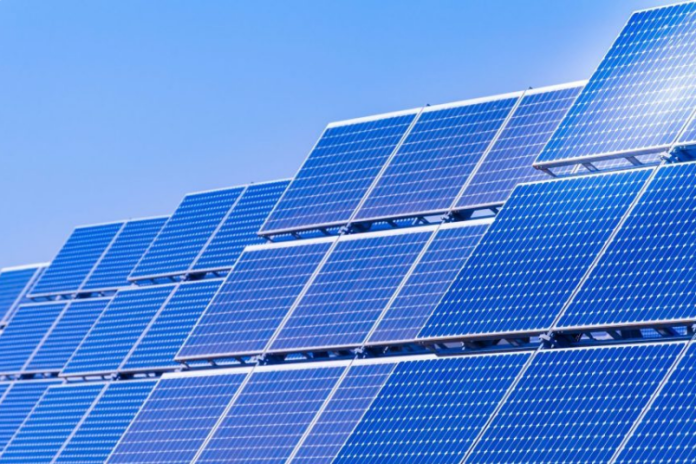ACWA Power, the Saudi company specializing in power generation, water desalination? and green hydrogen plants, announced the signing of a $123m financing package to develop the 200MW Kom Ombo solar photovoltaic plant project in Egypt, according to a press release on Tuesday.
Financing institutions for this project include the European Bank for Reconstruction and Development (EBRD), OPEC Fund for International Development (the OPEC Fund), African Development Bank (AfDB), AfDB’s Sustainable Energy Fund for Africa (SEFA), Green Climate Fund (GCF), Arab Petroleum Investments Corporation (APICORP) and Arab Bank.
The press release noted that the package comprises loans of up to $36m from the EBRD, $14.6m from the OPEC Fund, $14.4m from the AfDB, $34.5m from the GCF, $14.8m from Arab Bank and $10m from the SEFA under the COVID-19 IPP relief programme. The project already has equity bridge loans of $14m from the EBRD and $45m from the APICORP.
Marco Arcelli, CEO of ACWA Power stated that ACWA Power’s successful acquisition of financing support for our renewable project is a significant milestone, added “We’re fully committed to fast-tracking the project’s development while staying true to Egypt’s renewable energy targets.”
He noted that the Kom Ombo solar project further demonstrates the private sector’s active involvement in Egypt’s energy transition. This accomplishment highlights the shared vision and purpose of various global financing institutions in achieving the Republic’s targets, which would not be possible without the trust and support of the government, the Egyptian people, and communities.
The Kom Ombo plant will be located less than 20 kilometres from Africa’s biggest solar park, the 1,465 MW Benban complex—another ACWA Power development—and is expected to serve 130,000 households and will be commercially operated in January 2024.
While the financing documentation was originally signed in April 2021 with the EBRD, the OPEC Fund, the GCF, AfDB and Arab Bank, the dynamics in global supply chains due to Covid19 altered the dynamics for the development of solar plants. This resulted in the extension of Kom Ombo’s project execution.
According to the press release, private-sector participation in the Kom Ombo project is the result of successful policy dialogue with the Ministry of Electricity and Renewable Energy and the Egyptian Electricity Transmission Company (EETC)。 As well as, a $3.6m technical assistance programme, co-funded by the EBRD and the GCF, to support the EETC in administering competitive renewable energy tenders. In addition, the project has also benefited from broader energy-sector reforms supported by the AfDB in recent years to scale up the involvement of the private sector.
The Kom Ombo plant will contribute to the Egyptian government’s target to generate 42% of the country’s electricity from renewable energy sources by 2035 while delivering one of the lowest generation tariffs in Africa.






